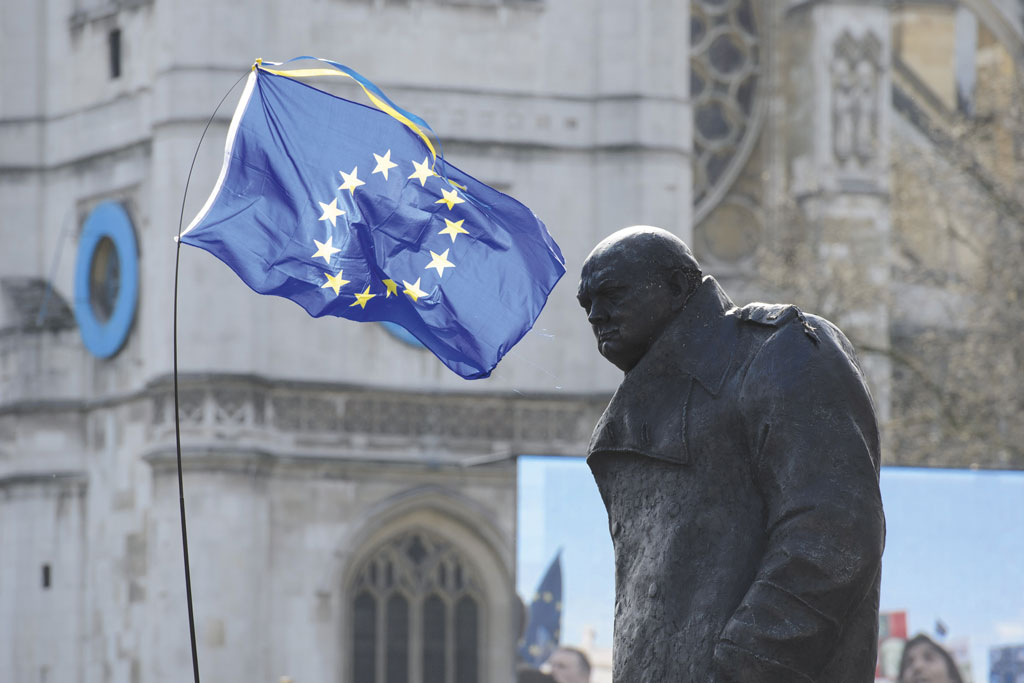
Position papers restate mantra that CJEU will have no direct jurisdiction post Brexit
The government’s latest position papers on Brexit hint at retaining the status quo, according to Brexit commentator David Greene.
Press headlines suggested a ‘climbdown’ on the government’s position that the jurisdiction of the Court of Justice of the European Communities (CJEU) would end upon Brexit, following the publication in August of the UK’s position papers: ‘Providing a cross-border civil judicial co-operation framework’ and ‘Enforcement and dispute resolution’.
Writing this week, however, Greene, NLJ consultant editor, says: ‘Have they forced a government climbdown? Not quite: both papers restate the mantra that upon withdrawal the CJEU will no longer have direct jurisdiction in the UK.
‘That keeps the politicians happy, but, subject to that point, both papers smack of retaining, as far as possible, the status quo in the longer term.’
Greene says Brexit will have an impact at three main levels—government level, investor level and at the level of day to day business and citizens’ rights.
At government level, the UK position has been that the CJEU will have no continuing role although its pre-Brexit rulings will have binding effect. The EU’s position is that the CJEU must have a continuing role in the process as a result of the EU Treaties. However, ‘the new UK paper now talks of the possibility of voluntary references to the CJEU for interpretation only,’ says Greene. ‘It rejects the idea that the CJEU should be entitled to impose any remedies.’
On the rights of investors, whether small businesses or multinationals, Greene says ‘the likelihood is that they will be the subject of an ICSD arbitration process.
‘These arbitration processes remain highly contentious and bearing in mind the level of trade would need to be very well resourced, the UK does not foresee any role for the CJEU in that area. The EU position is unclear but the role of the CJEU gives rise to complexities in this area under the EU Treaties.’
On citizens’ cross-border rights, the EU and UK are at odds. The EU sees the CJEU having a role in determination of those on a permanent basis, says Greene.









